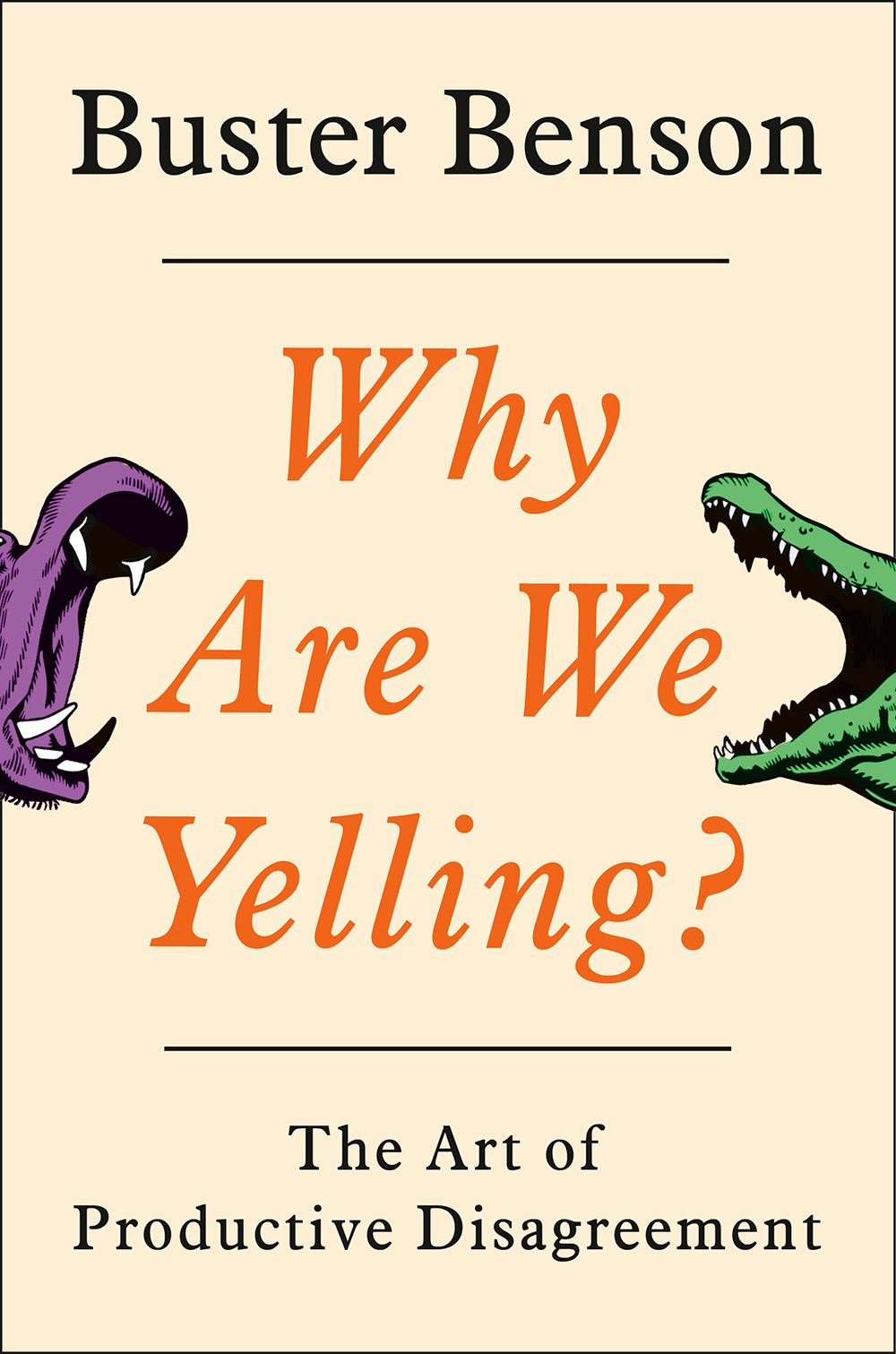30 fundamentals
Lots of things I agree with in John Nerst's 30 Fundamentals.
My top take-away
I lifted a couple things from this list and added them to my own beliefs file. Specifically, thoughts around how modern life is changing the way we relate and communicated to each other and causing all kinds of problems. Overall, this is a great read and also a great example of the value in articulating foundational beliefs and opinions.
My highlights
The kind of background assumptions that float by unnoticed when you agree with them work very differently when you don’t.
I love how this is articulated. Our confirmation bias against our cognitive dissonance… two sides of the same coin.
It’s interesting how so many things are implied and unsaid (and how, if you agree with these things, you don’t even notice). A writer may leave things unspecified for several reasons: they might not be aware of their own assumptions, they might think they are obvious, or they might just think the reader agrees. Or all three.
I agree, and also the impracticality of actually being explicit about everything. Communication is already so difficult and low-bandwidth that we have to take advantage of unsaid things.
This works ok in the real world. It doesn’t work at all on the internet where voices are disembodied and spaces have ill-defined borders.
Because in the real world we tend to have more history with the people we’re talking to. Not necessarily because of the medium.
It also encourages a shoot-first-ask-questions-later, “thorns out” approach to reading about contentious issues.
I like “thorns out”.
It would be helpful if people writing online could point to some description of their fundamental beliefs, interests and assumptions, so you could get a better picture of who they are and where their writing is coming from [2].
Yes!
But be warned, enumerating your own unstated basic beliefs was much harder than I thought it’d be
Very true. We find that we have only glimmers of our own beliefs, and have to make them up more than discover them when we try to look for what they actually are.
That we have a particular kind of territory doesn’t mean we have to have a particular kind of map. There are many valid maps of the world.
I love this.
some maps clearly hug the territory tighter than others
Another great sentiment. I am just a big fan of the map/territory metaphor.
Thus, the structure and adoption of narratives shapes our collective worldviews and our societies, all the way up the chain from single words to full-blown paradigms. The struggle for the rights to shape them resembles war.
Narrative shapes as distinct from facts. That sounds right to me. And the desire to protect and change our precious narrative shapes resonates as well.
the constant reshaping of our shared conceptual world by the process of discourse is a more important arena for rhetoric.
100% agree!
Models, rules, and patterns have exceptions. That does not invalidate them. Outside of hard science, it’s rarely a good idea to make models and concepts much more complicated to chase a few outliers and edge cases.
I find myself strongly disagreeing with this one. It seems too specific of a strategy to apply to all models, rules, and patterns. It was just said that the struggle to shape narratives can resemble war…
Intelligence tests measure something real, and it is significantly heritable
I have lots of anxiety around this comment, as it’s very easy to misinterpret or magnify harmful stereotypes. That said, my only really caveat to it is that we should decouple what is real from what is fixed vs what is in constant flux. A snapshot of something real from a certain perspective captures a moment in time that may or may not change in quality and measurement in the future or since the past.
while there is a human nature, it manifests in different ways and is only observable as a highly garbled signal.
Okay, this is likely the same point I was trying to make in the comment on #11.
In practice, there are, when assigning responsibility for life outcomes, two poles: one being a high-agency stance that treats individual freedom and responsbility as absolute, and the other a low-agency stance that treats choices as constrained so much by social structures that responsibility is best placed on the system as a whole[6][7]
I’m going to nab this exact wording and add it to my beliefs file.
Way more social and political problems, dissatisfactions, internal dissonances etc. than we think stem from us living in very large (as opposed to small sub-dunbarian) societies
+1
Everyone arguing has a point, even if often not a very strong one. Charity and civility in disagreement is an essential virtue, and make an effort to understand under what conditions something seemingly wrong would make sense. People are more different in how they see the world than we think, and we should practice telling ourselves stories that make the other sympathetic.
Great one to end on.
Read it
Get a coffee and take 20-30 minutes to read it. Even if you don’t agree with everything, or understand each point (I got lost on a few) it’s a good brain-stretcher.

Buster Benson (@buster) is a writer and builder of things. If you're new here, check the about page or see my entire life on a page.
Join my newsletter to get updates about my book and analysis of bias and unproductive disagreements in the wild. Browse the archive first, to get a feel.
SubscribeI'm not great at email but I'm not the worst either. My DMs are open on Twitter as well.
